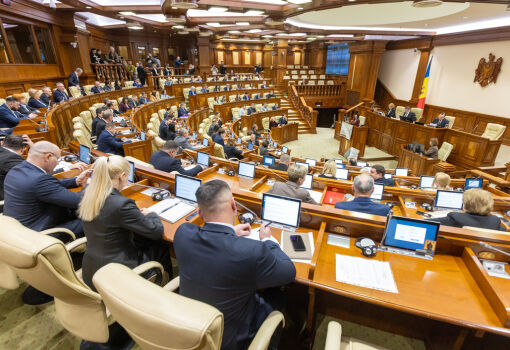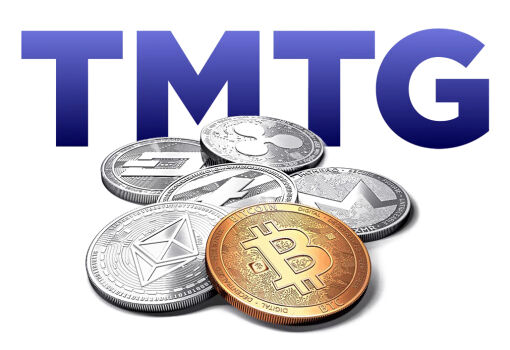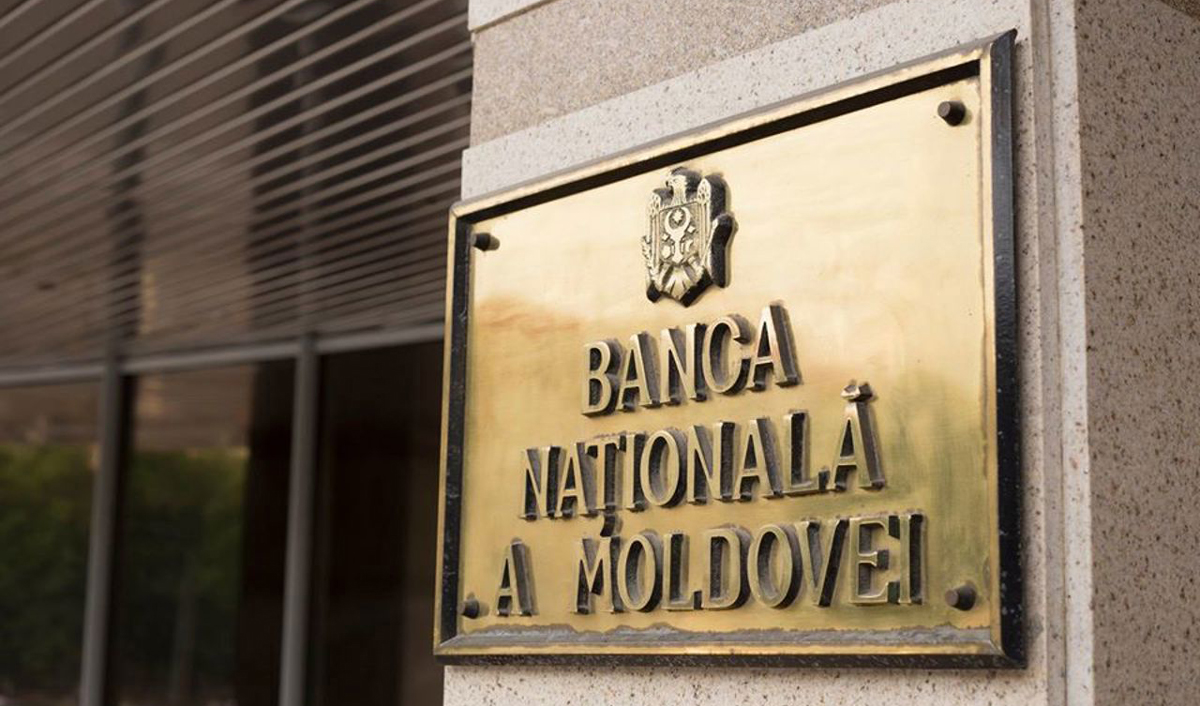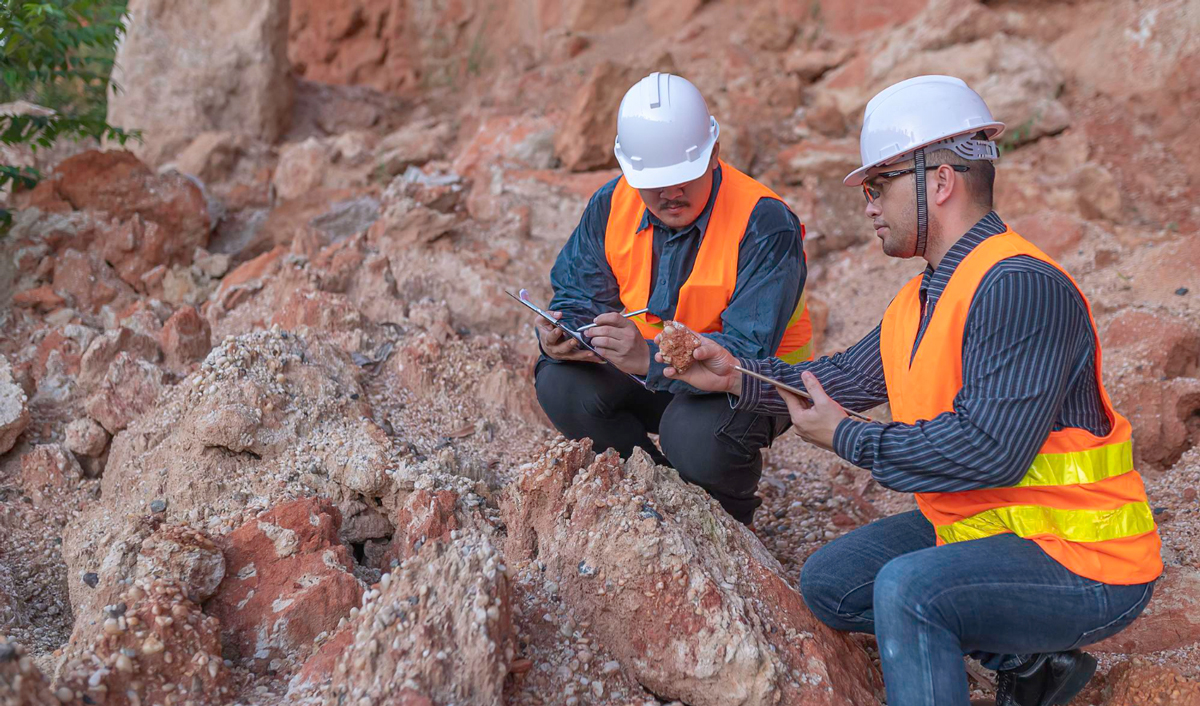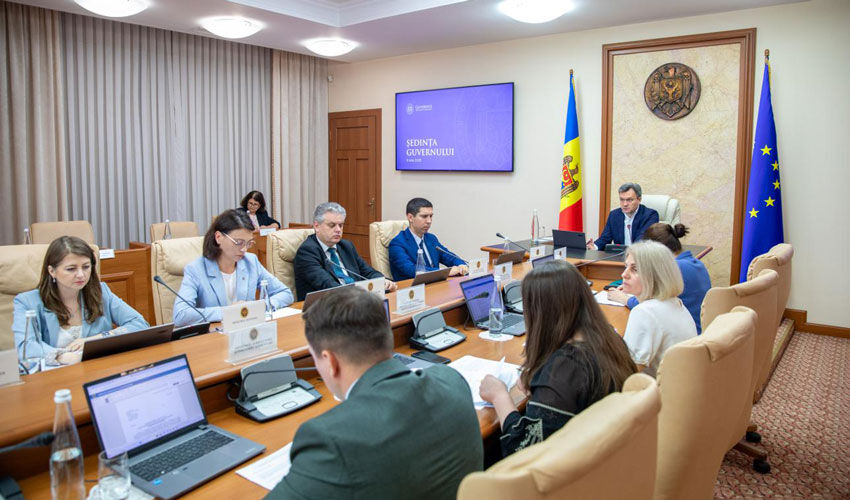
The changes were approved at a government meeting on July 9. The Council will continue to be chaired by the Prime Minister. It also includes ministers and heads of institutions, including representatives of the Investment Agency, SIS, National Anti-Corruption Center, NCFM, and NBM.
However, it will not include the Minister of Agriculture, although this institution had requested it, citing its role in ensuring the country’s food security. The government rejected this amendment, arguing that “the Council focuses exclusively on analyzing the risks associated with foreign investment that could affect critical infrastructure, strategic capabilities, especially in sectors such as defense, energy, information technology, communications, strategic transport and public order”.
The Council will be authorized to approve or reject preliminary applications, in accordance with the Law on the Mechanism for Consideration of Investments Significant for State Security.
This law stipulates that natural and legal persons, including foreign ones, who have the procedural status of suspect, accused or defendant in criminal cases initiated by the investigative bodies of Moldova or other states for crimes related to money laundering or terrorism financing, are not allowed to invest in areas important for state security. It is also prohibited to invest in persons in respect of whom the state authorities have evidence and documented information about their participation in acts or omissions that pose a particular threat to state security.
All dialog with investors will be conducted through the secretariat of the Council.
The list of information requested has been expanded. It now includes information on the investment, shareholder structure, beneficiaries, financial status and other documents, depending on the type and residency of the investor. The Council will have the right to request access to databases and information from public registers as well as from sources held by private entities.
Natalia Selevestru, state secretary of the Ministry of Economic Development and Digitalization, in charge of business relations, said at Wednesday’s government meeting that through this project two objectives are pursued: to provide local and international investors “a clear, predictable and favorable environment for investment in strategic areas, and to strengthen the institutional capacity of the state to verify and approve investments important for security.”
The government did not provide the exact number of investment pre-approval applications in the pipeline. It noted only that there is a “significant backlog”.
The Council last met on April 14, 2025.








